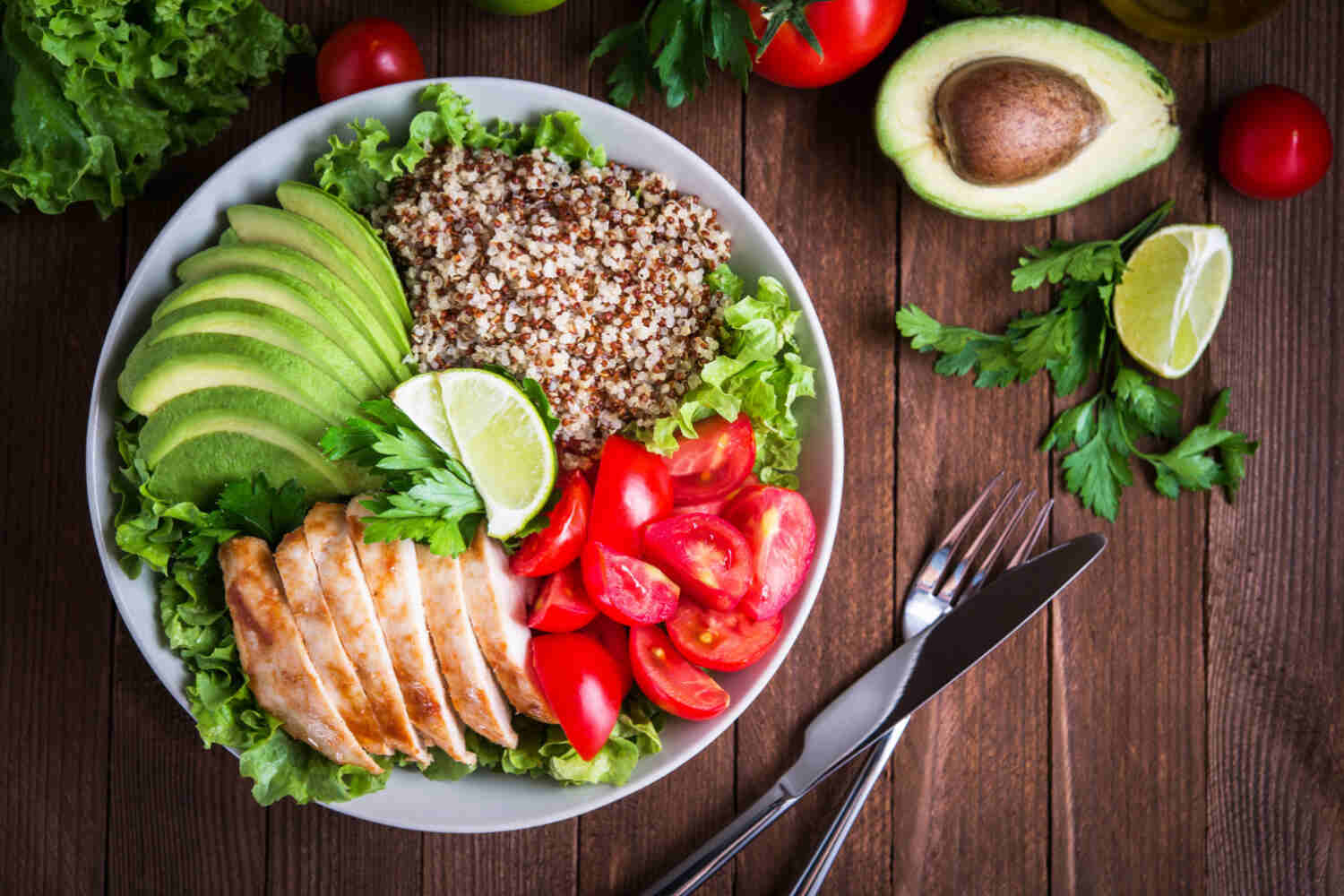
Conceiving a baby adds happiness to your life. But, do you know if you are underweight, your ability to conceive goes down? Being Underweight and conceiving is difficult. It is easy for some couples to get pregnant, but some struggle hard due to infertility for years. Infertility is a common problem affecting the population worldwide. According to the Centers for Disease Control and Prevention, 12 percent of American women between 15 and 44, irrespective of marital status, find trouble in getting pregnant or carrying a baby in the womb to term.
Although there are some factors which you have no control over, there are other factors you can work on to get pregnant. For example, having a healthy weight will help in conceiving faster. You can work on your weight if you are underweight or overweight and healthily get pregnant. Weight has an impact on fertility. Whether your weight is too high or low it affects your ability to conceive. You should have a healthy weight for conception. Your weight impacts your baby-making abilities. However, having a healthy weight does not guarantee fertility. Read on to learn everything about underweight and conceiving.
In This Article
- Relationship Between Weight And Fertility
- Understanding Underweight And Its Causes
- Achieving A Healthy Weight For Conception
- Nutrition And Diet For Underweight Individuals
- FAQ’s
Relationship Between Weight And Fertility
What is the relationship between underweight and conceiving? A low BMI can affect ovulation and the ability to get pregnant. Being underweight and conceiving may take more than a year for some women compared to women with a healthy weight.
If you have a body mass index under 18.5, you will have an 18 percent chance of delay in conceiving when you did not conceive before. But if you gave birth to a child before, then you will not have any problem conceiving for the second time.
It is difficult to make estrogen in the body when you are underweight. You will get an irregular menstrual cycle. Ovulation and periods may also stop. This may happen if you lose weight due to less intake of food, eating disorders, or exercising too much.
You need to ovulate or release an egg to get it fertilized by a male’s sperm for pregnancy. It is also important that your body is strong enough to support the developing baby in the womb.
You can seek a dietitian’s advice, who can help you with weight gain if you are underweight. Being underweight is appreciated, but you should be careful because having a weight less than ideal for your body can be a sign of serious health issues.
There may be many reasons for being underweight, like eating habits, medicines, and health problems. Check for the signs of underweight and talk to your doctor.
Understanding Underweight And Its Causes

Just like having excess weight is not ideal for fertility, low weight also causes infertility as already discussed. The causes of underweight may vary from women to women. Some women have more thin figures than others. But, specific health issues, medicines, or other problems can lead to abrupt weight loss.
These include:
- Conditions such as thyroid disease or diabetes affect your digestion and may cause you to lose weight.
- Other health problems such as cancer, viral hepatitis, Parkinson’s disease, etc.
- Any health problems affecting the digestive system may also reduce weight.
- Poor appetite due to illness, stress, or substance abuse.
- Medicines that affect the appetite or cause nausea.
- Underweight runs in genes too. If you have the problem of being underweight in a family, you will get it too.
- Over-exercising may cause an underweight problem. Athletes who undergo rigorous training may face this problem.
- Anorexia (eating disorder) in women may also lead to weight loss.
- Underweight is a problem for old women who have health issues, loss of appetite, and problems in chewing.
Achieving A Healthy Weight For Conception

A healthy body mass index (BMI) is ideal for fertility. A simple way to find out if you have a healthy weight is to calculate your BMI. According to the Centers for Disease Control and Prevention, normal BMI is between 19 and 24 and is ideal for healthy pregnancy.
BMI below 19 is underweight and above 25 and 29 is overweight. If it is greater than 30, you will fall under the category of Obese.
If you fall under the BMI range of underweight, never lose hope. Talk to your doctor who can guide you well to maintain an ideal BMI and increase your chances of fertility. Also, you can follow some tips for a healthy diet. But, it is essential to take a doctor’s advice before following any diet.
Nutrition And Diet For Underweight Individuals

Eating a good diet is crucial while trying to conceive. If you are underweight, you can improve your chances of pregnancy by eating healthy and nutritious food.
Eating healthy can help you with fertility. The food that helps in pregnancy are the same that are good for general health. Eat whole grains, proteins, and healthy fats for pre-pregnancy nutrition.
Following are some of the healthy tips you can follow to gain weight:
- Have starchy food like pasta, bread, potatoes, rice etc. Also, include whole grains in your diet if possible.
- Maintain a diary for diet. Track your daily eating habits.
- Add more nutrients and fats to your diet.
- Set a goal of gaining 1-2 pounds a week by taking nutritional meals in the regular diet.
- You should have five small meals a day, to increase your weight.
- If your weight is low due to a lack of nutritious food, change your diet to a healthy one and set a target to gain weight slowly.
- For weight gain, don’t opt for cakes, chocolates, food high in saturated fats, or sugary drinks. Instead, go for daily meals and healthy snacks high in unsaturated fats i.e., nuts.
- Choose fiber-rich food such as lentils, beans, oats, fruits, vegetables, etc.
- Do not skip breakfast
- Eat five portions of vegetables and fruits daily.
Having a low weight not only affects fertility but also causes health problems during pregnancy. A healthy diet may help you to gain weight gradually.
As you know the effect of being underweight and conceiving, it is significant that you have a healthy and balanced diet to maintain an ideal weight. It will help to conceive and ensure a healthy pregnancy. If you are trying to conceive, take utmost care to keep your weight healthy so that it helps the fetus to grow healthy.
FAQ’s
1. How Long Does It Typically Take To Reach A Healthy Weight For Conception?
It may take more than a year to reach a healthy weight for underweight women. Talking to your doctor and seeking advice may help reduce the time.
2. What Should I Eat To Gain Weight Healthily While Trying To Conceive?
Eat more vegetables, fruits, lentils, beans, fiber-rich food nuts, unsaturated fat products, etc. to gain weight in a healthy way for conception.

